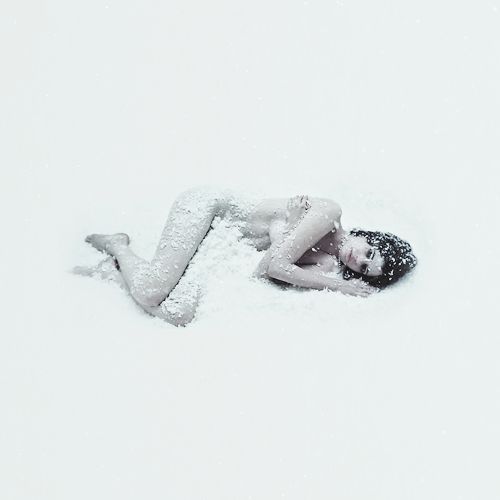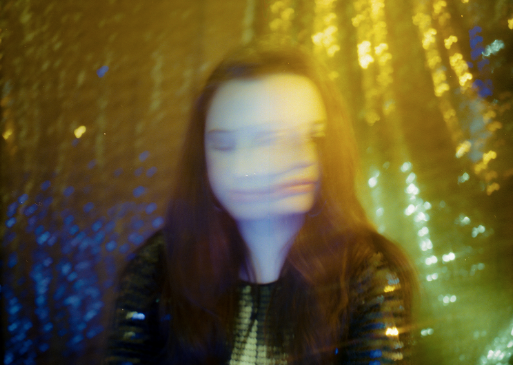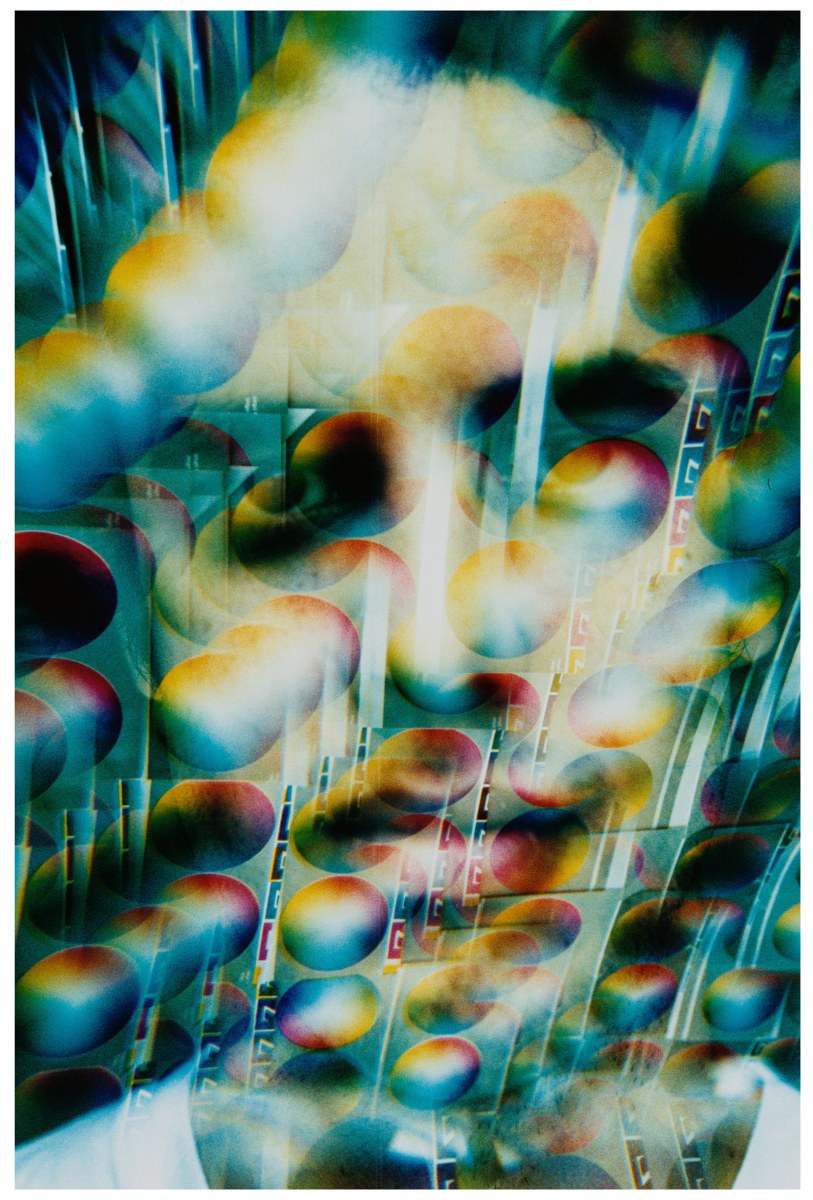Unique underrated soundtracks you need to experience
Written by Jenna Dreisenstock
Within the erratic, ever-expanding world of the film and television industry: with constant new releases, everyday hype and media saturation – the unfortunate side effect of the incredible mediums we have at hand, is that sometimes masterpieces can fall deep beneath the radar, loving artworks barely receiving the attention they so clearly deserve. With this being said, along with the films – fall the soundtracks, the scores that hold these narratives together – the compositions and aural journeys built alongside the imagery lose themselves amongst heavily saturated hollywood media and sometimes barely see the light of day.
We’ve gathered just a few examples of these incredible pieces of work that have unfortunately fallen into the rabbit hole of overlooked and unexplored territory:
Prince Avalanche (2013)
Composers: Explosions In The Sky & David Wingo
The delicate, raw intimacy of David Gordon Green’s 2013 film Prince Avalanche: a quirky, poetic exploration of a serendipitous relationship between two characters working a summer job in the middle of nowhere; stings a nostalgic, bittersweet yet loving heartbreak in its accompanying score, delicate – touching. Composed in collaboration by Explosions in the Sky and David Wingo, the gentle melancholia of this melodious score embraces Prince Avalanche’s inherently whimsical nature.
White Bird in A Blizzard (2014)
Composers: Robin Guthrie & Harold Budd
The glittering wounds within each body of work by art-house director Gregg Araki: holds within them Araki’s unwavering passion and urgency for deeply interwoven auditory narrative.
“I write with music playing all the time, it’s integral to the atmosphere and spirit of my movies. Often I’ll put the track in the script so it’s there all the way through the process. Music can cut through a lot.” – Gregg Araki
In Gregg Araki’s 2014 engrossing – taut heart-wrench drama and thrilling mystery film: White Bird In A Blizzard, composers Robin Guthrie of Cocteau Twins and avant-garde composer Harold Budd (known for collaborations on Cocteau Twins classic 1986 album The Moon and The Melodies, as well as working with beloved composers such as Brian Eno and many more.) came together to capture the thrill-seek melancholia of this heart-wrenching narrative.
Utopia (2013 -2014)
Composer: Cristobal Tapia de Veer
One of the most memorable composers to grace this list (in my opinion, anyway) is Chilean-born multi-instrumentalist, composer and producer Cristobal Tapia de Veer, whose incredibly innovative and unique style shaped the world of television series Utopia created by Dennis Kelly and John Donelly: (sadly) running for two season only (2013 – 2014) the series follow an eclectic cast of characters as search for the ever-branching truth behind a cult-graphic novel titled ‘The Utopia Experiments’, in which they are suddenly embroiled in a disturbing conspiracy running blood-soaked. Cristobal’s kaleidoscopic sound rings with avant-garde electronic bliss, glitch-soaked and drenched in blood-pump timbres and textures creating mesmer like no other. Also known for the the multifaceted hypnosis in the first season of Dirk Gently’s Holistic Detective Agency: Christobal Tapia de Veer’s work leaves us waiting in eager anticipation for what the future holds.
Persepolis (2007)
Composer: Olivier Bernet
In a remarkable adaptation of Marjane Satrapi’s autobiographical graphic novel Persepolis: Satrapi’s painfully intimate, exquisitely told coming-of-age narrative slumbers lovingly with the film’s poignant score: detailing the story of Marjane’s childhood and her experiences as a young adult within the heart-wrenching ferocity of the 1979 Iranian revolution. Exploring Marjane’s growth and navigation through her moving self-reflection within her early years and post-revolution: the complex, interwoven strands of identity within cultural experience – of her experience navigating through foreign (note: Western) perspective, of alienation – yet of family, connection and community: and of course the inhumanity of war. Directed by Marjane Satrapi herself and Vincent Paronnaud, multi-instrumentalist Olivier Bernet composed a genre-defying, exquisite and intimate auditory artwork for the film; dancing in tango with the black and white imagery of Satrapi’s recollections, the swirling beauty and stinging terror; the heartbreak of growth into adulthood and the political – of the personal liberation of Satrapi’s story.
Frank (2014)
Main composers: Michael Fassbender and The Soronprfbs
In an extraordinarily strange, yet utterly absorbing and unique narrative: this art-house, bittersweet: citrus and honey black-comedy Frank: directed by Lenny Abrahamson and released in 2014, follows the traverse of a protagonist who finds himself drawn into an eccentric melodrama of the experimental and – to put it lightly – avant-garde band Soronprfbs – in which frontman Frank, although immediately taking a liking to the protagonist: hailed a creative genius by his peers – Frank not only performs, but is literally never seen without his paper-mache mask. The score, credited to multiple artists yet with main compositions and collaborations by Michael Fassbender and the semi-fictional band The Soronprfbs. The auditory narrative of Frank’s exceptionally experimental melodrama is captured perfectly by the composers as the breaks in genre, manic playground of timbres, tempos and unique quite-purposely-not-so-great tracks that fuel the overall weirdness of the intricate story of Soronprfbs and Frank.
Some Days Are Better Than Others (2010)
Composer: Eluvium (Matthew Cooper)
A film that found itself submerged under the radar, the strikingly raw: tenderly lonely, desolation embrace in the passing of time: the 2010 film Some Days Are Better Than Others, follows the difficulties, and strengthening growth of loneliness; of joy in simplicity and the sparks of quiet companionship, as we watch our two protagonists through an intimate lens of their daily lives. The full-length film debut by Matt McCormick is an experimental, intimate narrative intertwining the dreamlike isolation of the films imagery and characters with the beautifully melancholic score provided by ambient american composer Eluvium, known for his delicately painful compositions and tender care in the ethereal atmospheres he creates. Eluvium’s heart-sick tender score weaves within the film’s narrative; tracks singing like the feeling of isolation in crowds of people – moments in which time slows down, and the wistful nature of our own introspection as our ghostly lullaby.
How I Live Now (2013)
Composer: Jon Hopkins
In a striking thrill, horribly disturbing in nature yet somehow touching, and emotionally magnificent (despite being somewhat terrifying) – the film adaptation (Directed by Kevin Macdonald) of the post-apocalyptic novel How I Live Now by Meg Rosoff stars an assertive score in companionship with torn-apart heartbreak, sweetened anxiety: an aural narrative accompanying the protagonists terrifying adventure: after being sent the countryside for the summer, a troubled teenage girl learns of a nuclear detonation in her home city of London, killing hundreds of thousands of people with threat of severe nuclear fallout – martial law is imposed. The film’s score, composed by electronic producer and musician Jon Hopkins, seeps bright in bleeding wounds; with an opening song in collaboration with Amanda Palmer, Jon Hopkins further ability to create a poignant aural narrative within a forlorn, eerily unknown, dangerous and post-nuclear world screams clearly as his ability to build strong assertion in tone captivates, keeps one on the edge of their seat and tugs on the heart-strings.
These are but a few examples of the untapped plethora of film scores that we found personally intriguing and admirable: however there is so much more out there to be discovered, and be assured we will continue to raise awareness in the hopes that these works break away from the label of underrated and under-appreciated.
Be sure to check out the works on this list if you haven’t already, and feel free to share your favourite underrated film scores with us in the comments below!





Leave a Reply